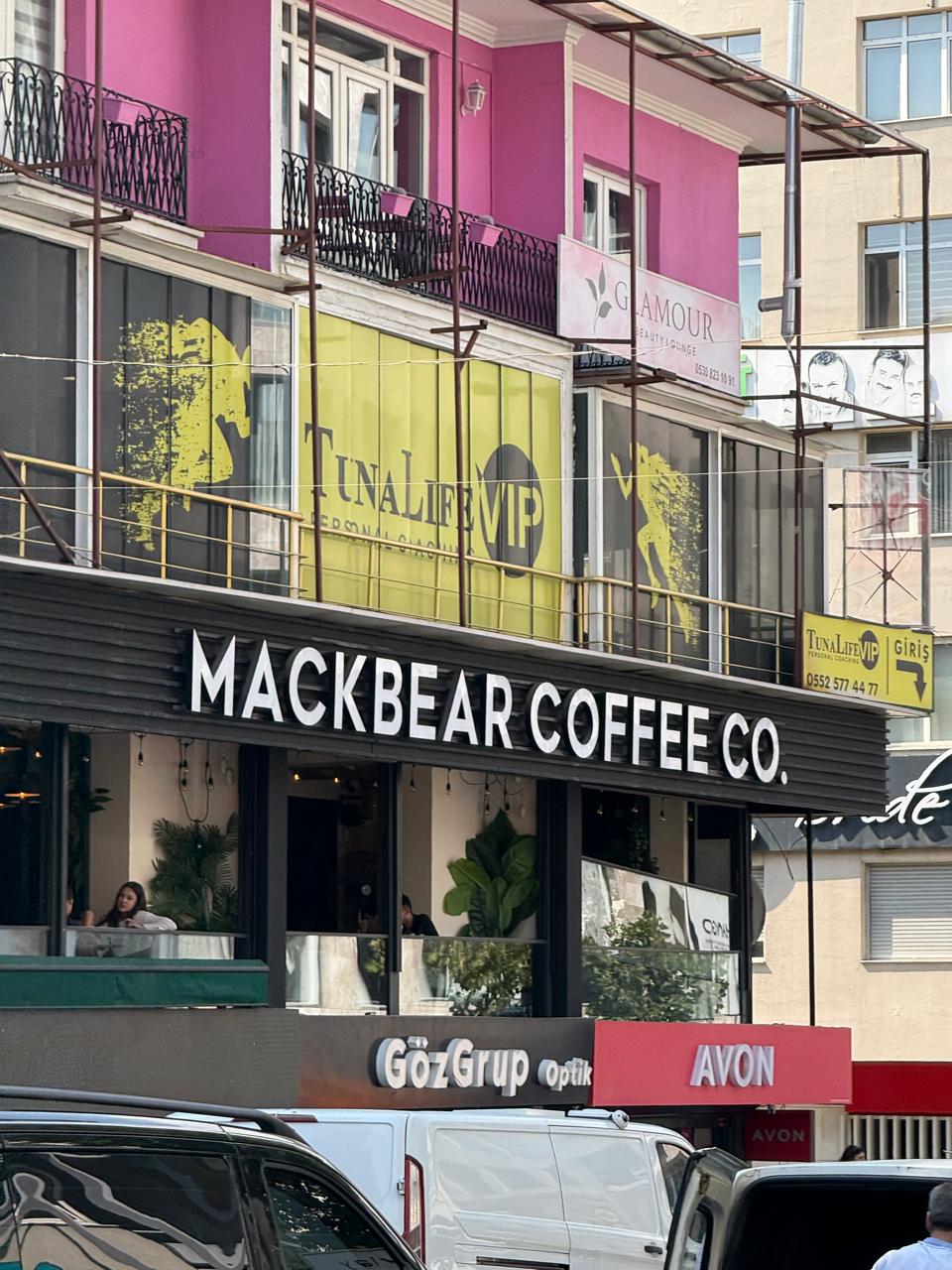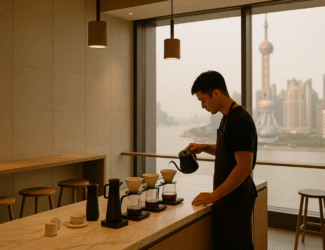
Ankara: Brewing a 40-Year Coffee Legacy
From Ottoman hearths to third-wave cafés, discover how Ankara became Turkey’s rising coffee capital
By: Serkan Oral
While walking through the lively streets of Turkey’s capital, one can’t help but notice the growing number of specialty coffee shops. From tucked-away roasteries to bustling third-wave cafés, Ankara is undergoing a quiet revolution—one brewed in tradition and steeped in transformation. The love for coffee here is unmistakable.
In the mornings, it’s still possible to find coffee brewed over coal fires in the city’s older neighborhoods—a living tradition that reaches back to the Ottoman era and the early days of the Turkish Republic. Cooking coffee on a barbecue fire was once a household ritual, cherished not only by men but also by women, who would gather for fortune-telling and storytelling over a freshly prepared pot.
Coffeehouses in Ottoman times were more than social spaces; they were institutions. A man visiting a coffeehouse, sometimes with a hookah in hand, was enjoying one of life’s refined pleasures. But the journey of coffee to Anatolia was long—originating in Yemen, transported through Egyptian ports, crossing the Mediterranean, and finally reaching Istanbul. The old folk song wasn’t lying when it sang, “Coffee comes from Yemen.”
In those days, the process of preparing coffee was intensive and community-based. Grinding was carried out in primitive mortars called dibek, requiring two people to pound the beans with heavy hammers. The artisans were taxed a “dibek fee” for their services. Once ground, the coffee would be delivered to shopkeepers—called Tahmisan—for roasting, often in the same place where it was milled.
Ankara’s relationship with coffee, which dates back to the 1500s, has blossomed into something remarkable by 2025. Today, the capital is quickly becoming the unofficial coffee capital of Turkey. Coffee shops have multiplied along its busiest avenues, from Kızılay to Bahçelievler, often bearing both Turkish and international names. Their signs are among the most recognizable in the urban landscape.
According to Yavuz Labor, during earlier decades, each coffeehouse processed an average of 1,221 ounces of coffee per day—that’s roughly 1.565 kilograms. At an estimated 6 grams per cup, that translates to about 261 cups sold daily per shop. Today, with modern tools and diversified menus, those numbers have likely soared.
The annual Ankara Coffee Festival, recently held under the theme “Open Your Eyes to Coffee,” has helped fuel this upward trend. The city’s coffee consumption has quadrupled over the past 10 years, with per capita intake reaching 1.5 kilograms annually, according to official figures.
Conversations with local coffee lovers reflect the personal and emotional nature of this evolution. One café-goer says, “Every time I go, I fully absorb the magic of that delightful store that I don’t want to leave. Plum cheesecake season is over, but you should definitely try the classic brownie.”
Equally inspiring are the stories of passionate entrepreneurs—individuals who began their coffee journeys in 2019 and have since immersed themselves in the craft, from barista work to roasting and education. These modest cafés, fueled by body and soul, have become safe havens of inspiration and culture.
“Should I kill myself or drink a cup of coffee?” the philosopher Albert Camus once asked. To that, Ankara replies: Drink coffee, and keep drinking. After all, coffee and love always taste better when shared.
And in Ankara, where a cup of coffee is said to carry a 40-year memory, the city is ready to brew new memories with you—one cup at a time.



